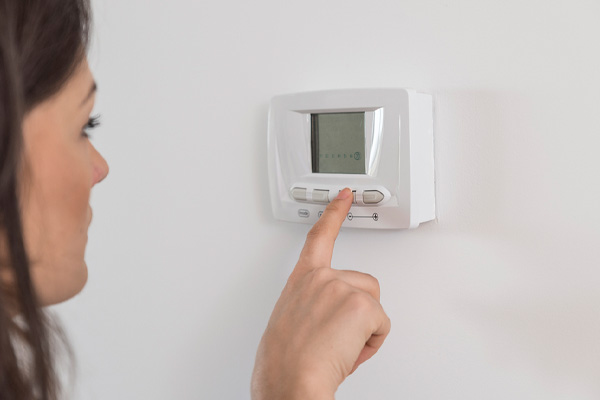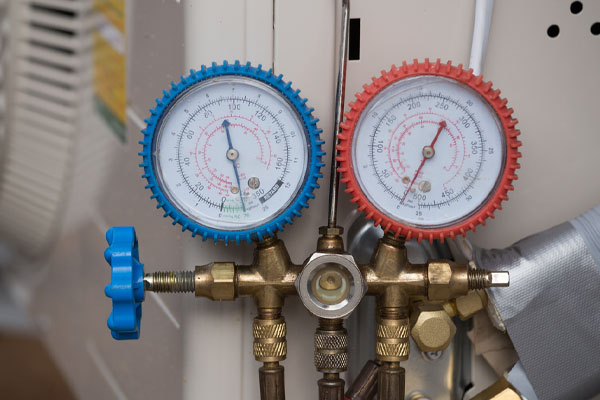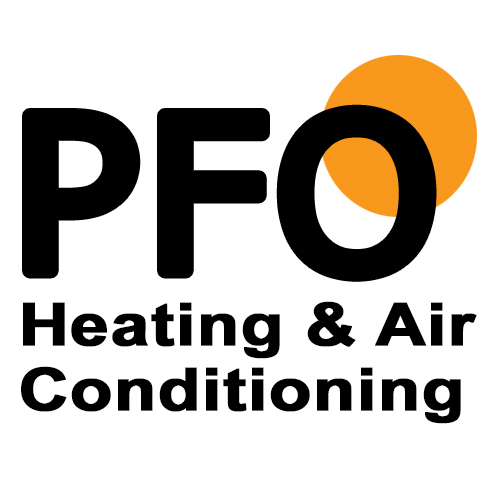
Air conditioners have two ways of creating a cooler environment. First, they lower the temperature in the home. Second, they decrease indoor humidity. While many homeowners are aware of the first method, the significance of the second shouldn’t be overlooked when it comes to comfort. When humidity levels are high, individuals may feel hot and uncomfortable, regardless of the temperature reduction. Thankfully, air conditioners quietly address this issue behind the scenes. If your air conditioner not removing humidity, it may indicate a problem. Before reaching out to HVAC technicians, you can perform a quick check of the fundamental aspects.
How Air Conditioners Help With Humidity Control
Contents
This article explores several possible causes for inadequate humidity removal by an air conditioner in your home.
Related Article: Top 7 Things You Should Never Do To Your AC Unit
How AC Humidity Reduction Works
Air conditioners are engineered to draw in the warm, humid indoor air and direct it through the chilled evaporator coils. These coils effectively absorb heat, resulting in colder air being expelled. The moisture present in the air condenses upon contact with the frigid coils, leading to a decrease in humidity as the air exits the AC. The condensed water droplets collect on the coils and are drained away through a drain pan and condensate drain line. If any factors interfere with this process, the air conditioning unit may struggle to reduce humidity adequately. As a result, although the temperature may have decreased, you won’t experience the desired comfort level.
Reasons Why Your Air Conditioner Is Not Removing Humidity
While high humidity may not pose an immediate emergency, it should still be a concern. Over time, it can cause gradual damage to furniture, wood floors, ceilings, walls, book pages, and artwork. Indoor plants may also rapidly decay and rot in such conditions. Excess moisture fosters mold and mildew growth throughout the house, resulting in unsightly spots and the dispersion of harmful spores. This not only negatively affects the aesthetics but also compromises indoor air quality. If left unaddressed, the house can become an unhealthy and uncomfortable environment. Taking prompt action is crucial. Below, we explore some potential causes of humidity failure in air conditioners:
Related Article: Air Conditioner Makes Loud Noise When Starting
Incorrect Thermostat Fan Setting

To begin troubleshooting, let’s address a simple fix. Start by examining the thermostat fan settings. If it is set to “ON,” the AC fan will continuously run, hindering the air conditioning system’s ability to reduce humidity effectively. This occurs because the constant airflow promotes the evaporation of water on the coils. Instead of draining into the designated pan and condensate lines, the moisture is reintroduced into the home. To rectify this, adjust the fan setting to “AUTO.” This configuration ensures that the fan operates only during the cooling cycle and stops afterward, allowing sufficient time for water to exit the system appropriately.
Dirty Evaporator Coils
The significance of evaporator coils in the air conditioning process cannot be understated. These coils are crucial in converting water vapor into liquid water through condensation. However, the presence of dirt can hinder this condensation process. When the coils are covered in a thick layer of dirt, they become insulated and lose their effectiveness in impacting their surroundings. The air conditioner will fail to lower the indoor temperature effectively. Regular air conditioner maintenance is essential to prevent this issue. By scheduling visits from HVAC technicians once or twice a year, you can ensure the coils and the entire cooling system are cleaned thoroughly, allowing optimal performance.
Related Article: What Is The Difference Between a Portable and Whole-Home Air Filtration System?
Refrigerant Leak

The refrigerant within the air conditioner circulates through the coils, playing a vital role in absorbing indoor heat and releasing it outdoors. Sufficient refrigerant levels are necessary for the system to function effectively. However, if leaks occur along its pathway, the amount of refrigerant flowing through the system will gradually decrease, ultimately rendering the cooling system unable to perform its duties. As a result, the AC system will be unable to cool the house adequately or remove moisture from the air. The vents may blow warm air, and a hissing sound could be audible from the system. You may observe ice formation on the air conditioner lines or the evaporator coil.
Related Article: Reasons To Avoid Closing Registers For Temperature Control
Faulty Ductwork
Your air conditioning system relies on ductwork to distribute air throughout different rooms, so it is essential not to overlook their condition. Ductwork leaks are a common issue in homes. This can lead to the loss of conditioned air, sometimes amounting to 30% or more. This inefficiency in operation will be reflected in higher monthly energy bills. You may observe that certain rooms are adequately cooled while others remain uncomfortably warm, providing indications of possible leak locations. Ductwork leaks can contribute to increased indoor humidity and decreased air quality. Given that some ducts may be difficult to access, seek professional assistance in addressing and resolving this problem effectively.
Oversized AC System
Bigger cooling systems do not necessarily equate to better performance than smaller ones. It is crucial to have an air conditioning unit that aligns with the requirements of your home. When an oversized air conditioner is installed, the house may cool down too rapidly, achieving the desired temperature quickly. However, the cooling cycle will not run for a sufficient duration to effectively reduce indoor humidity. The air conditioner is likely to frequently turn on and off in short bursts, which can be detrimental to the system’s components. To avoid this issue, install an appropriately sized cooling system for your specific needs. Seeking assistance from a professional HVAC contractor will ensure proper sizing and optimal performance.
Related Article: Ductwork Makes Banging Noise: Causes & Solutions
Conclusion
Achieving optimal home comfort involves considering both temperature and humidity levels. Air conditioners are designed to address these factors, but issues such as incorrect settings, dirty coils, leaky ducts, low refrigerant, and oversized systems can impede their effectiveness. Prolonged high humidity can lead to property damage and potential health issues. Seeking the expertise of HVAC professionals is recommended for comprehensive solutions. They will efficiently restore your system to normal functioning, ensuring a more comfortable living environment for you and your family.
Related Article: How Does An Air Conditioner Tune-Up Save Me Money?
Call PFO Heating & Air Conditioning For All Of Your HVAC Requirements

PFO Heating & Air Conditioning is a trusted provider of top-notch heating and cooling services in the Greater Princeton, NJ area. We take pride in hiring highly skilled and certified technicians who deliver exceptional HVAC tune-ups, repairs, installations, and replacements. With their extensive knowledge and experience, our technicians ensure that your HVAC system receives the correct and efficient service it deserves.
At PFO Heating & Air Conditioning, we guarantee the most competitive prices for heating and cooling services in the area. Our maintenance services are designed to enhance comfort, improve energy efficiency, and lower home heating and cooling costs. If you require an HVAC repair or replacement, we’re here to assist you in selecting the best solution for your home needs while staying within your budget. We stand behind our work quality and offer a guarantee to ensure your utmost satisfaction.
To schedule a service appointment, contact PFO Heating & Air Conditioning today. We also provide free, in-home estimates for your convenience.
Click here to contact us now or call us at (800) 253-9001 to find out more! Click the link to view our service area.



